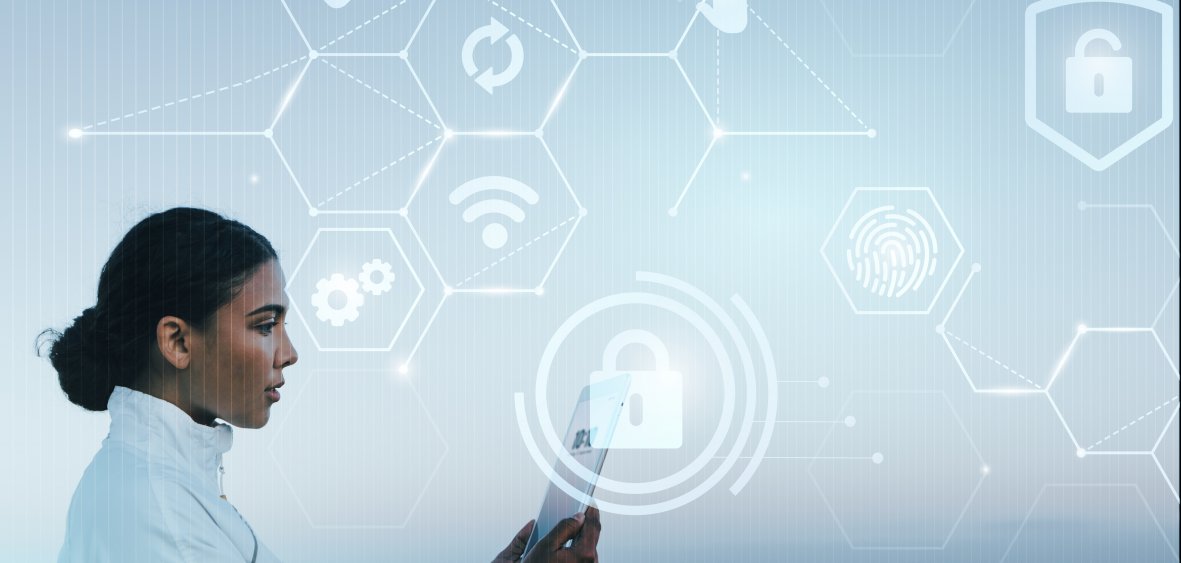It has been known for a long time that the Internet - with all its possibilities and advantages - can also carry a lot of dangers. One of them is the possibility of surveillance of its users by various services. Every now and then, in various countries of the world, there are famous scandals related to leakage of information to the public about how the authorities use the Internet to collect information about their citizens. There is also a great deal of criticism, and often harsh protests, of any attempt to introduce new laws that extend this possibility and give the authorities even more power to track citizens online.
One of the most recent such laws is the one that has been in force since 7 February; it has been widely criticised by public opinion, which claims that the law allows the authorities to genuinely invigilate citizens and deprives them of their right to personal freedom. In fact, we must admit, that the records contained in it give power to a very wide range of possibilities when it comes to tracking people via the Internet. For example, it allows services to monitor the location of a person via a GPS transmitter without the court's consent. They have also been given considerable powers in the use of special spyware. Contrary to what has been requested by some parties who have urged that the time taken by services to keep track records be reduced, it has not changed - it is still two months. However, praise and satisfaction was aroused by the fact that in accordance with the introduced law, all data which, in the opinion of the prosecutor, are not relevant to the case of a given person are to be immediately destroyed.
Unfortunately, the development of technology and the introduction of many new solutions into our daily lives brings not only benefits, but also many disadvantages. The very nature of the Internet makes it much easier to keep track of individuals. Every Internet user leaves a whole lot of information about himself in it, which can be used by various services. According to experts, the future in this area will be the so-called 'internet of things'.
All developments in the area of service espionage are made possible by the increasing use of mobile devices. Already today, services often complain that smartphone manufacturers have a number of safeguards in place to protect their users' data from access by third parties, making surveillance much more difficult. Many of us complain about this behaviour and regard it as impudence on the part of the services. It is worth remembering, however, that relatively recently such security measures made it impossible for the FBI to obtain information on the Arab marriage of origin that was preparing the attack. In the terrorist attack in San Bernardino, 14 people were killed at that time - if the services had had a slightly easier task in this regard, perhaps such a tragedy could have been avoided.
For a very long time, terrorists and secret organisations trying to hide their activities from the intelligence services have been using special cryptographic technologies and codes that prevented their messages from being read quickly by outsiders. According to many experts, all such efforts are slowly diminishing in importance, thanks to the information gathered through the Internet of Things. It is not without reason that many of the leading mobile device manufacturers are under constant pressure from the services of many countries, which want all the security measures to be relaxed in order to protect their devices from access to the information stored on them.
Such access to information is, however, a two-sided weapon. The fact that it can be used by intelligence services to capture and quickly catch terrorists or people planning various crimes, but it can also, in itself, become a tool for illegal activities. Virtual crime and theft of personal data are already a common occurrence today, and online threats have become something completely natural and common. Today, a lot of things are controlled by mobile devices, so with remote access - and a skilled hacker can do it - you can commit really big crimes. An example of this is an experiment recently conducted in the USA by a group of experts and journalists. The hackers remotely hacked into the electronic system in the car the journalists were travelling on. It turned out that in this way they could not only control some parts of the vehicle, such as air conditioning, but even cut off the brakes in the vehicle. Needless to say, at higher speeds this is a lethal danger.
A skilled hacker with no major problems can also break into monitoring systems in homes and larger facilities. Connecting to a given camera and cutting off the signal from it or replacing the image displayed by it is possible, and at the same time it gives great opportunities for planning robberies, thefts or kidnappings. Perhaps in Poland it is not so visible yet, but in many western countries many elements of home furnishings are controlled via networks and mobile devices. Hackers can even influence the performance of a coffee machine - making it virtually safe even at home.
It is difficult to imagine life without using networks and mobile devices. Many people are so dependent on these technologies, that they accompany them at any moment of their day. It is undeniable that teeth make a lot easier for us to do a lot of things and they simply allow us to better organize our day. At the same time, however, we must not forget the many dangers associated with the use of our data - our data may be stolen at any time by unauthorised persons, and the authorities may have almost unlimited access to them. At the same time, it should be considered whether such a state of affairs is appropriate in the case of constant restrictions on the access of the authorities to information. Many examples already show that, thanks to such surveillance, many terrorist attacks and attacks have been avoided, so sometimes it is perfectly justified.







